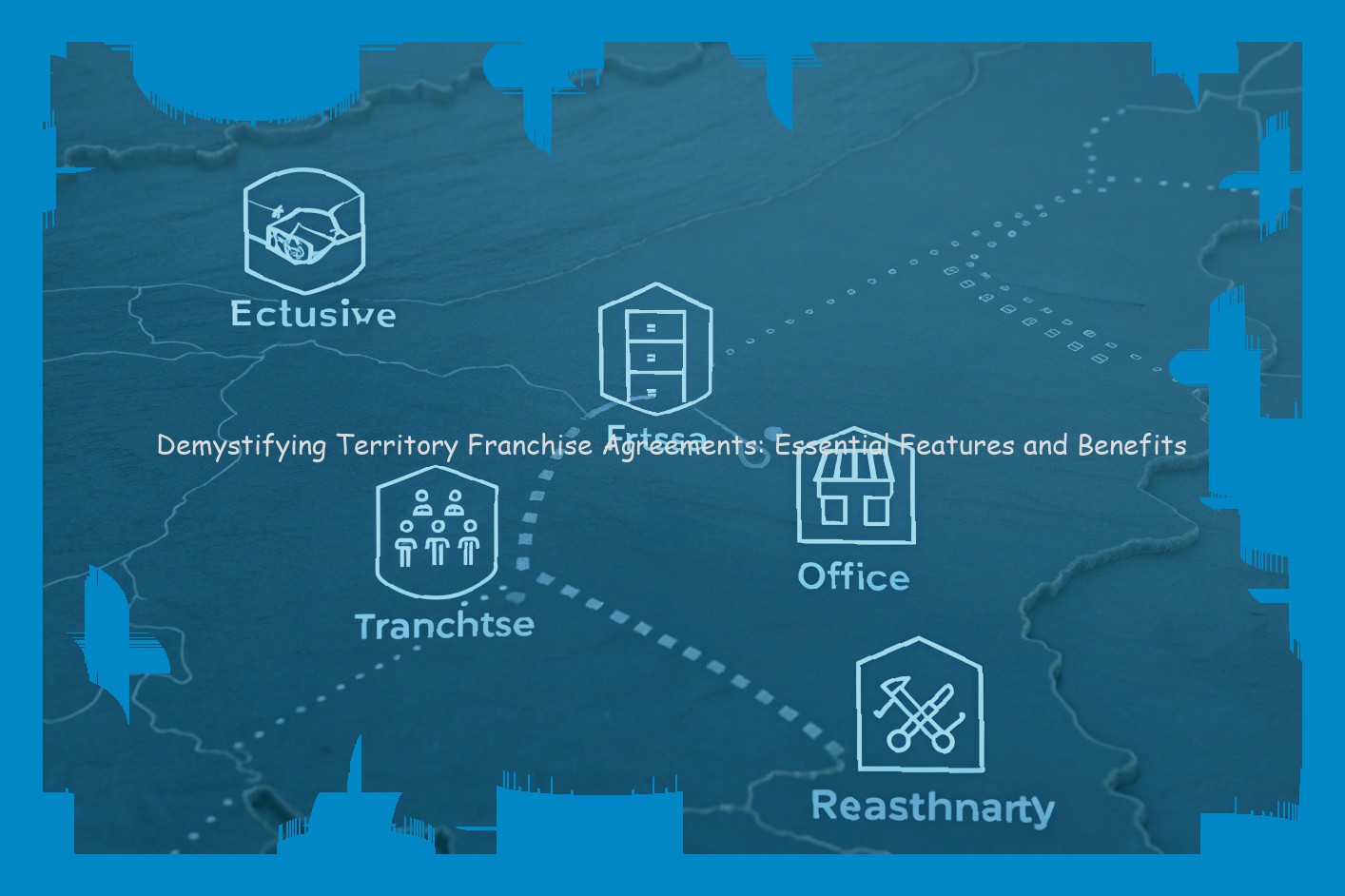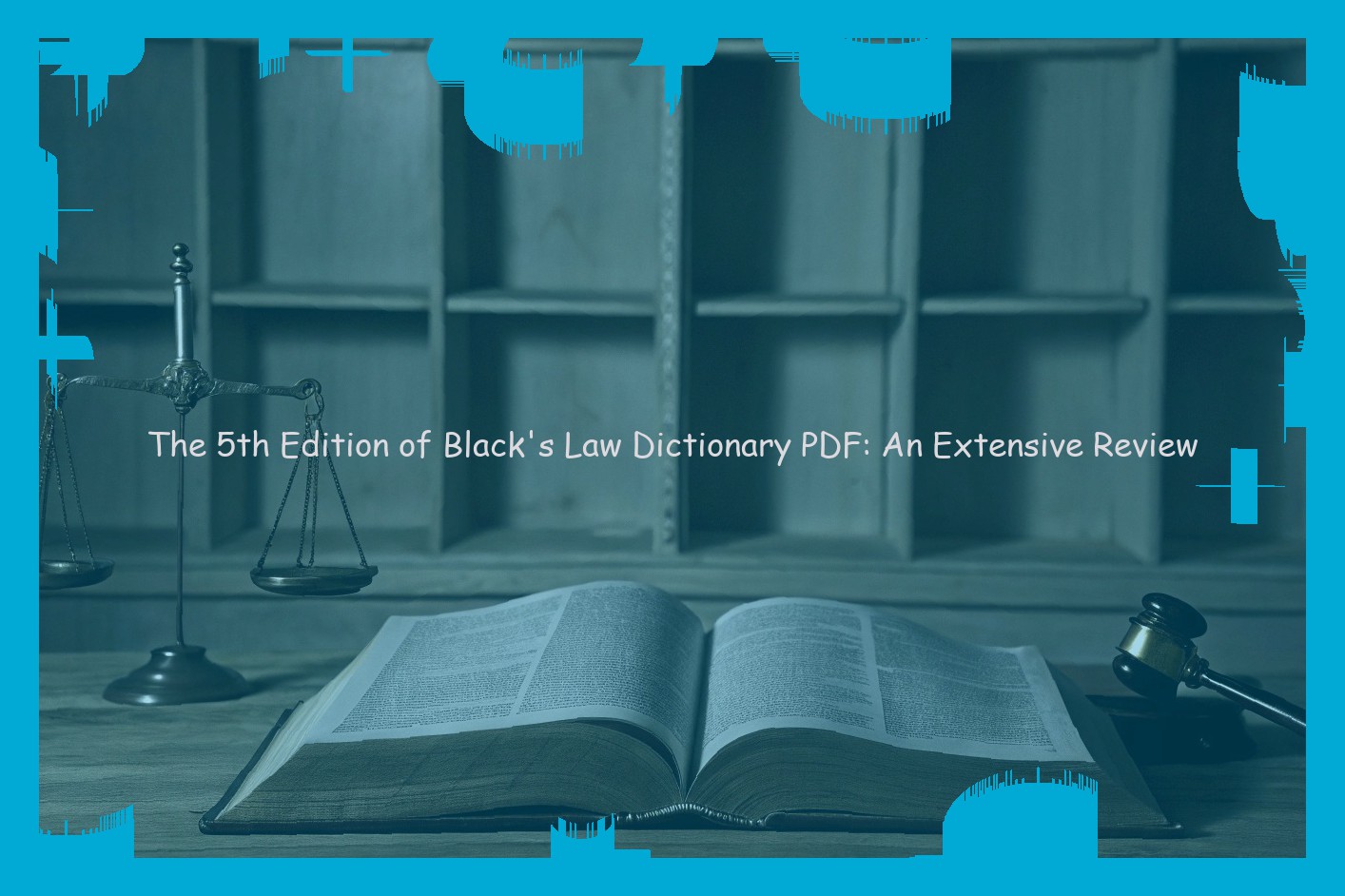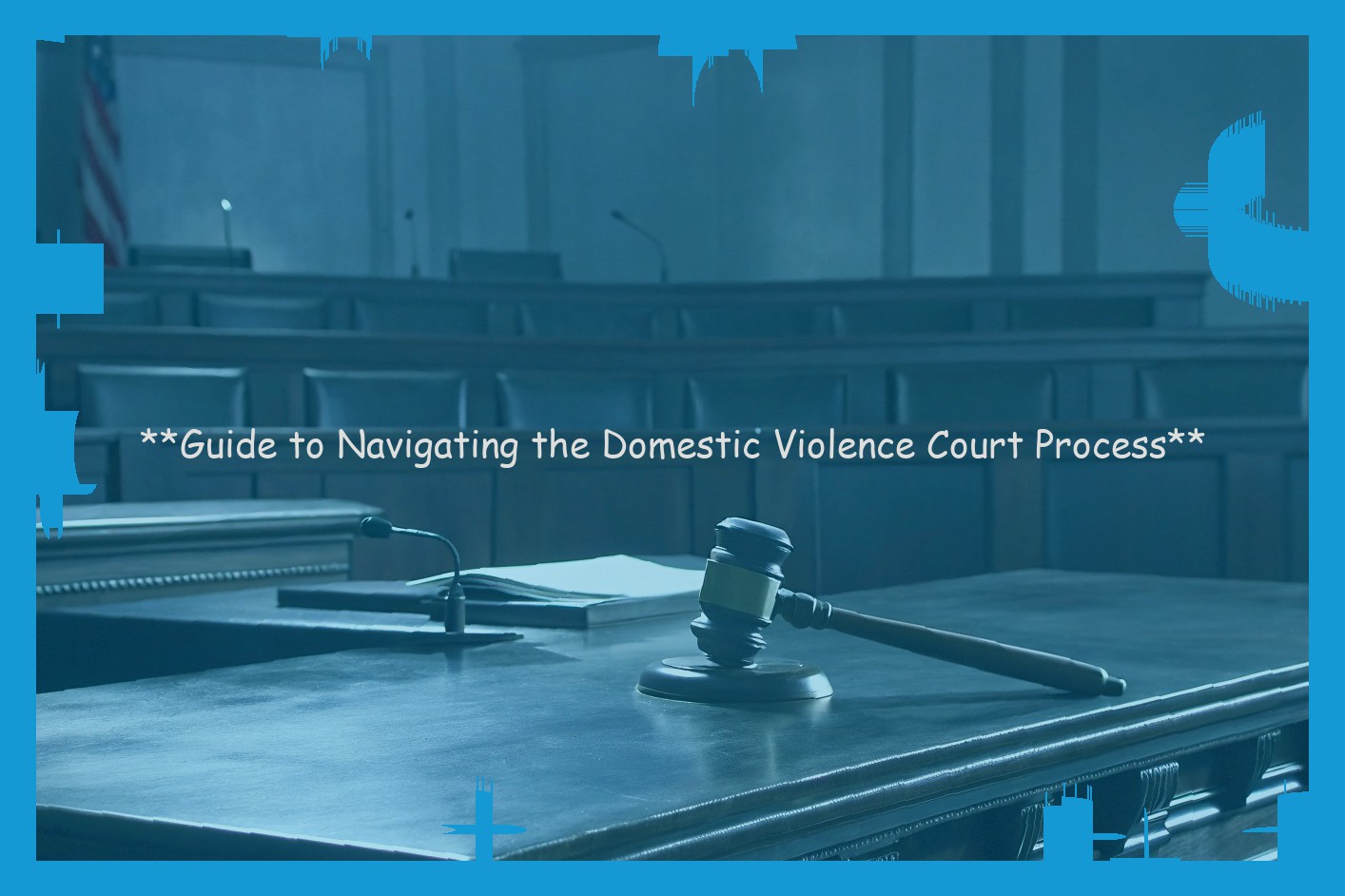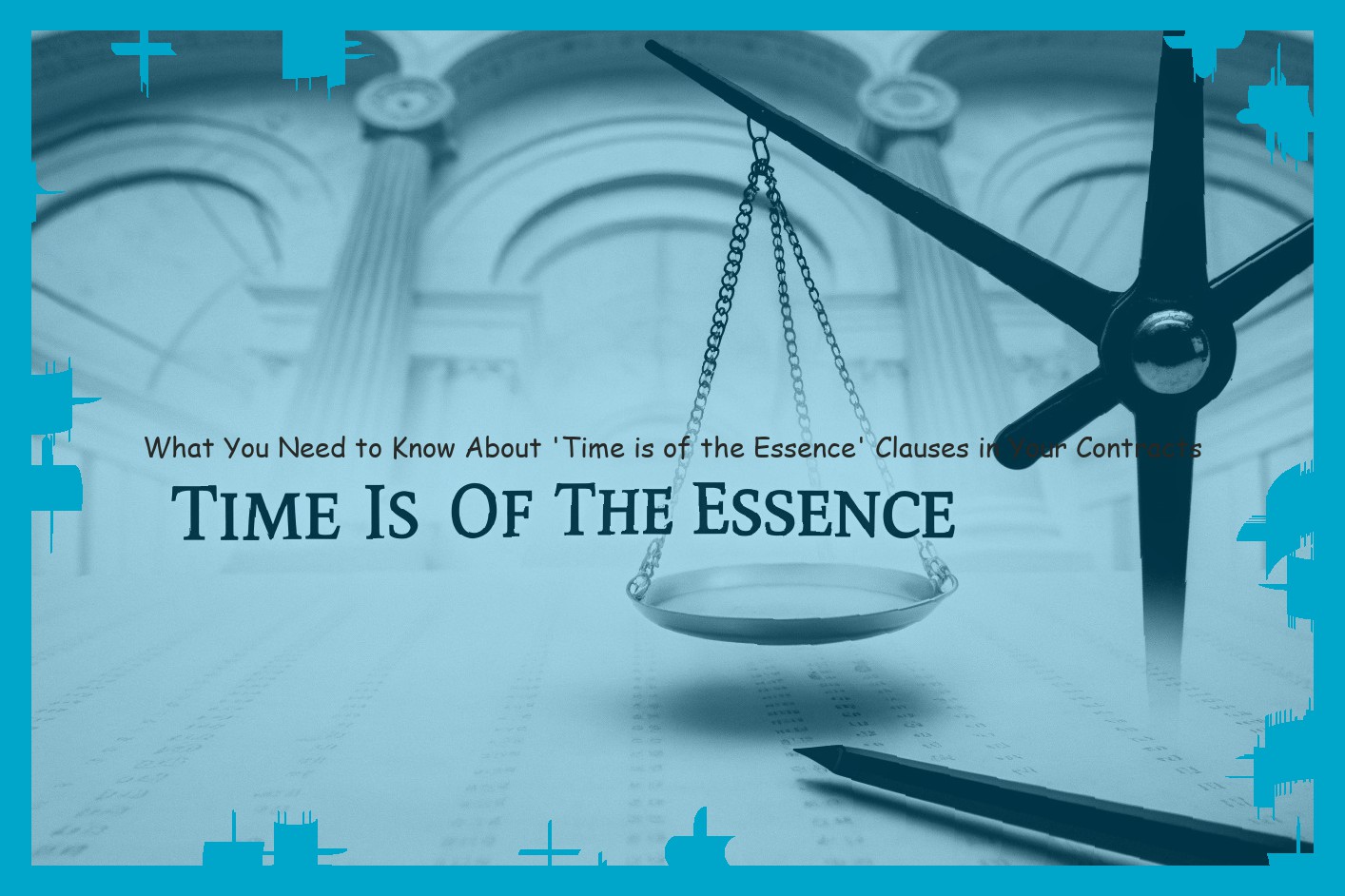Demystifying Territory Franchise Agreements: Essential Features and Benefits
Territory Franchise Agreement Explained Territory Franchise Agreement ("TFA") is a franchise agreement for a defined territory. To some degree, all franchise agreements control the areas in which the franchisee will operate its franchised business. However, with a TFA, the franchisor will be raising those controls to be on a territory level. The franchisee will have a defined territory, with a defined population and number of businesses, and as long as the franchisee acts in good…






